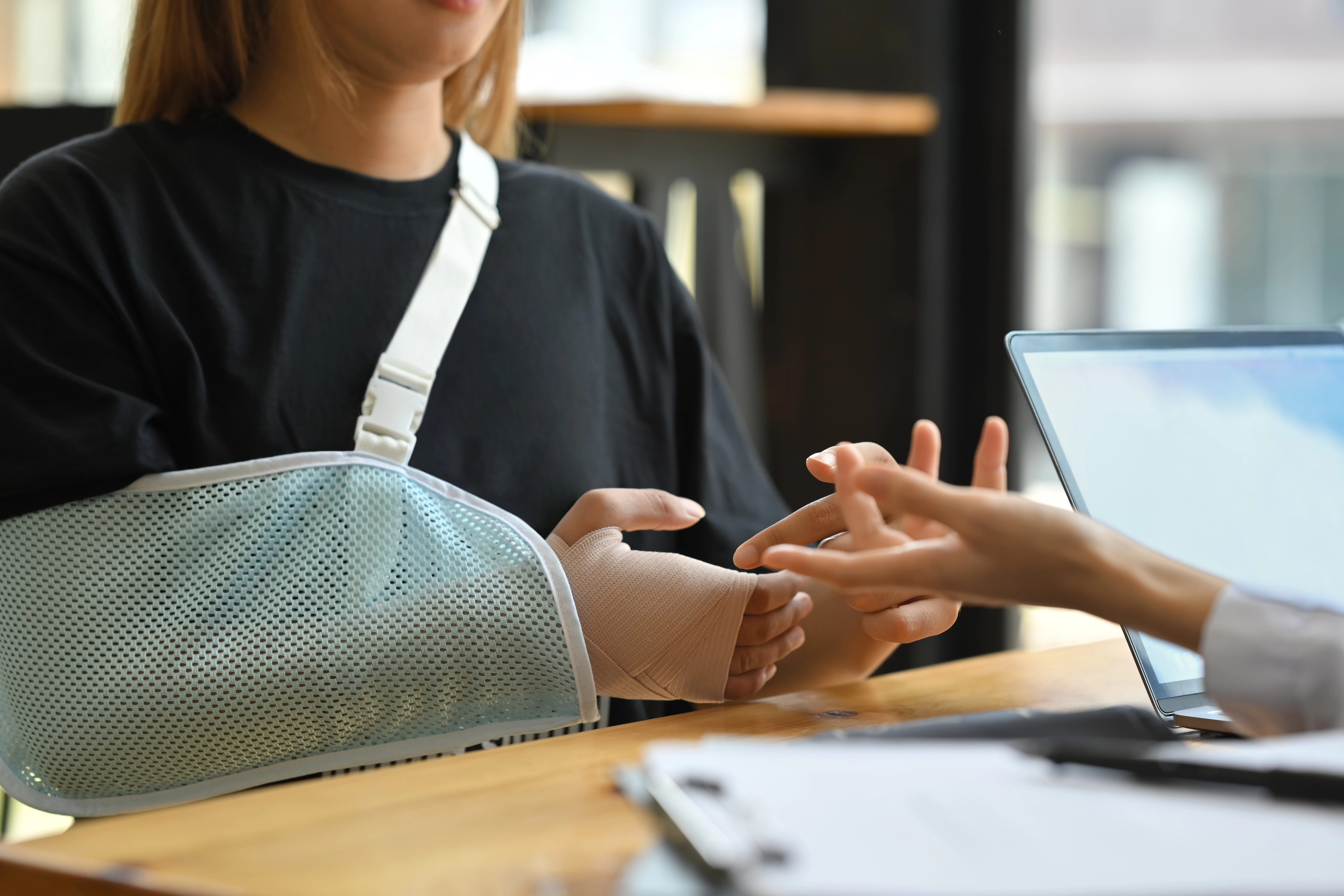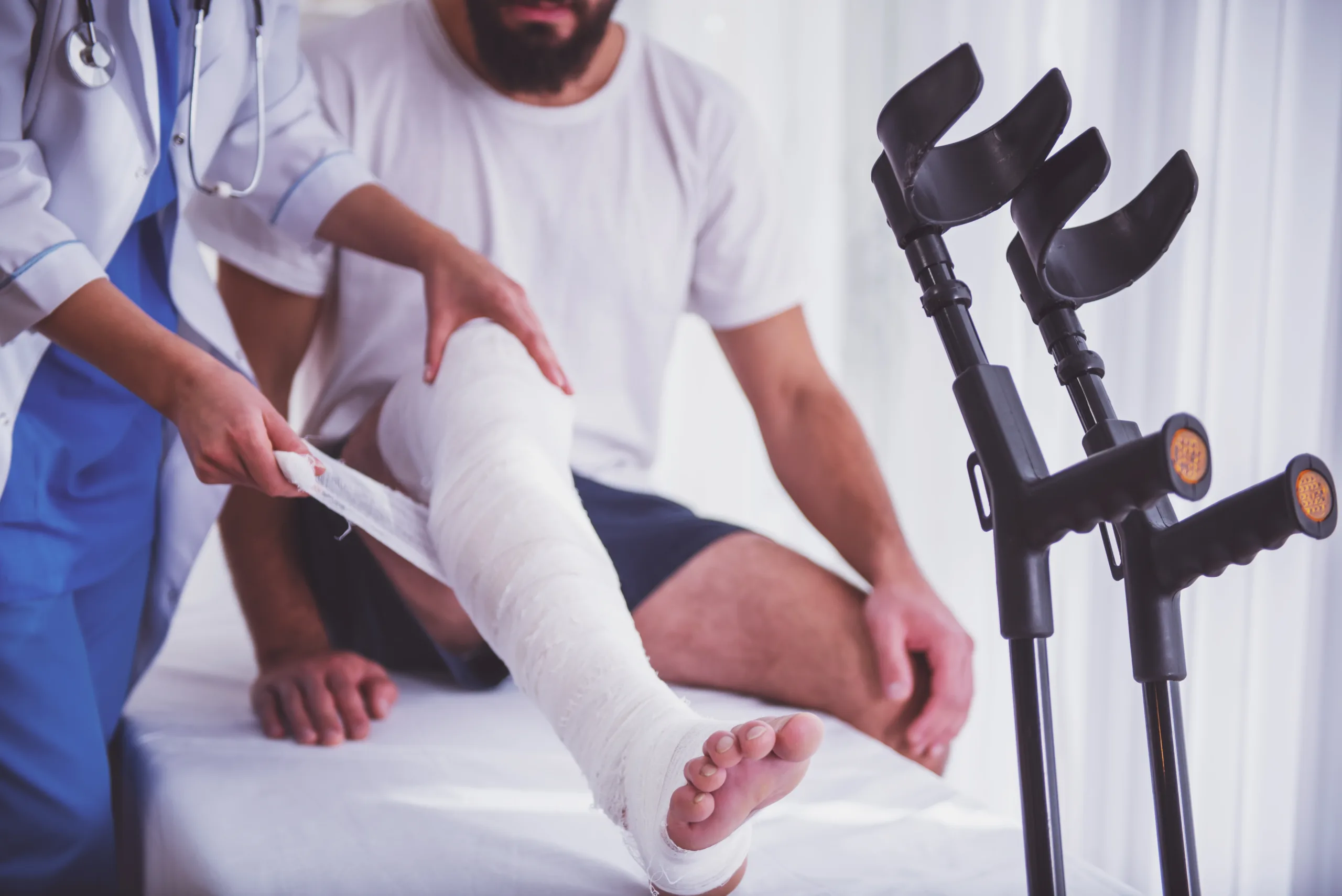High auto insurance rates have been a serious political issue in Louisiana for years, since the state has the second-highest in the nation. While the issue gets political attention every election season, legislative solutions are challenging to come by. A recent decision made by the Louisiana Supreme Court limited how much compensation workers can get for medical expenses in a personal injury case, and may end up affecting how lawmakers address the issue.
On May 9, 2019, the Louisiana Supreme Court voted to restrict use of the Collateral Source Rule in personal injury lawsuits against a third party. That case involved how much the third party had to pay in covering the injured worker’s medical bills. The Court held that in third-party tort cases, the Collateral Source Rule is inapplicable to medical expenses that exceed what workers’ compensation insurance covers.
This ruling is important because plaintiffs in personal injury cases in Louisiana had previously been able to maximize their damages by claiming sky-high medical costs that went above what workers’ compensation covered. The Louisiana Supreme Court’s decision means judicial awards and settlements will likely decrease in the future.
How Does the Louisiana Supreme Court’s Ruling Impact Personal Injury Cases?
The Court’s ruling places caps on damages in situations where the plaintiff’s employer or its workers’ compensation insurer paid medical benefits after an injury. The court ruled that the plaintiff is only entitled to recover from a third-party tortfeasor the amount that actually got paid and not, as was the case in many previous lawsuits, the amount initially billed.
The case on which they ruled involved a warehouse employee who was injured on the job and received workers’ compensation treatment. The expenses healthcare providers billed totaled $24,435, but that amount was reduced to $18,435 in accordance with the Louisiana Workers’ Compensation Act Medical Reimbursement Schedule. That left a $6,000 “write off.”
In the worker’s personal injury case against the third-party building owner and its insurer, the defendants had asked the court to exclude any evidence of the $6,000 in medical expenses that had been “written off” due to workers’ compensation. The trial court judge granted that motion, ruling that only evidence of medical expenses actually paid would go to the jury, and the state Supreme Court upheld that, concluding that the Collateral Source Rule was inapplicable to medical expenses charged above the amount paid by workers’ compensation.
That meant the plaintiff was unable to recover the write off amount. Prior to this ruling, Louisiana’s appellate courts had reached different conclusions on how to apply the Collateral Source Rule to medical benefits paid from workers’ compensation in a third-party tort action. As the Court ruled:
“ … to stretch the argument to include the award of un-incurred medical expenses, in addition to those actually paid, is to effectively authorize the assessment of punitive
How Will This Ruling Affect Louisiana Personal Injury Cases?
With the second-highest average auto insurance price of $2,298 per year, Louisiana is looking for solutions to combat high insurance rates. State lawmakers have pushed for tort reform to access the courts for individuals suing companies and their insurers in personal injury cases. Some of the legislation that’s been proposed includes sending more trials to juries rather than judges, and extending the time to file a lawsuit from one year to two so the parties would have more time to settle a dispute. The belief is that tort reform will help reduce insurance rates.
But critics of those efforts have noted that Louisiana’s auto insurance industry has disagreed and said those measures would likely not reduce rates much, and critics also point to the fact that about 40% of Louisiana drivers carry the absolute minimum bodily injury policies of $15,000 per person and $30,000 per accident. Those lower policy limits often lead to legal action because insurance doesn’t cover enough of the cost to treat injuries.
Any effort to make it harder for a plaintiff in a personal injury claim to get full compensation will only hurt those individuals and is unlikely to reduce auto insurance rates. That means victims will not get fair compensation, especially for medical bills. That’s why the Louisiana Supreme Court’s ruling is unlikely to solve high insurance rates.
Experienced Louisiana Personal Injury Lawyers Near You
If you got injured at work and are struggling with high medical bills, it’s important to partner with a trusted attorney who understands how personal injury cases work in Louisiana.
The attorneys with E. Orum Young Law have decades of experience negotiating with insurers to reach fair settlements for their clients. E. Orum Young Law strives to handle all the complex legwork necessary to pursue a successful claim so you can focus on healing. We have more than 35 years of experience protecting Louisiana drivers and are ready to fight for you.
Call (318) 303-4194 or complete our contact form for a free case evaluation. Our Trial Guarantee ensures that we will take your case to trial if you’re ever dissatisfied with the initial outcome.





